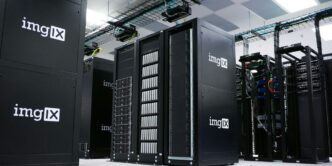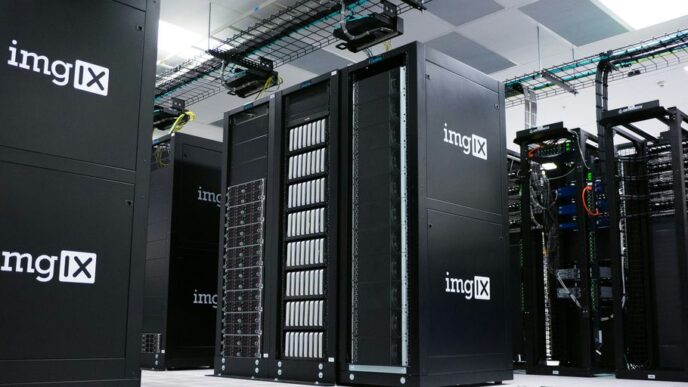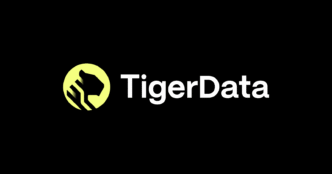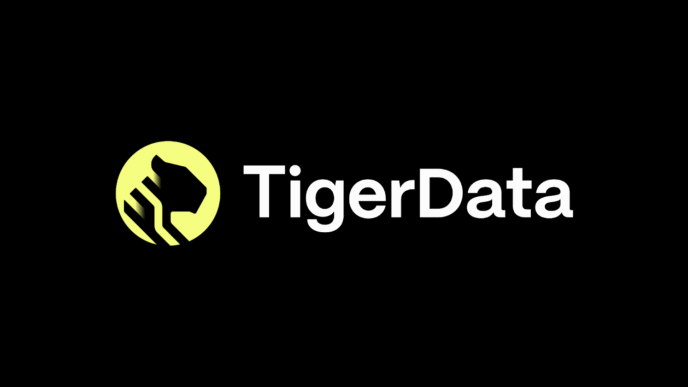In the ever changing world of digital marketing, staying ahead of the curve is essential for agencies looking to thrive. As the landscape evolves, embracing cutting-edge technologies like cloud computing and artificial intelligence (AI) has become a must for those who want to remain competitive. Transitioning from outdated legacy systems to the flexibility and power of the cloud and AI isn’t just a trend it’s vital for improving efficiency, making smarter decisions, and delivering personalized customer experiences.
Legacy Systems: The Foundation but Not the Future
For years, marketing agencies have relied on legacy systems on-premise software designed for specific tasks. While useful in their time, these systems often lack the flexibility needed to adapt to today’s fast-paced environment. They can be hard to scale, expensive to maintain, and operate in silos, making collaboration difficult across different departments.
As marketing campaigns grow more complex and data volumes skyrocket, these legacy systems start to show their limits. They struggle to process and analyze data effectively, slowing down strategy creation and campaign management. It’s clear that agencies need more agile, integrated systems to keep pace with the rapid changes in the digital world.
Enter cloud computing and AI two technologies that are helping marketing agencies break free from these limitations and move toward more advanced solutions.
The Power of Cloud Technology in Marketing Agencies
Cloud technology has been a game-changer for marketing agencies. With cloud-based platforms, teams can access tools and data from anywhere, at any time perfect for the modern era of remote work and global collaboration.
One of the key benefits of cloud computing is its scalability. Marketing campaigns are unpredictable, and agencies need to adjust resources on the fly. With the cloud, it’s easy to scale up during peak campaign periods without needing expensive infrastructure upgrades. This flexibility allows agencies to meet surges in demand without breaking the bank.
Collaboration also becomes seamless with the cloud. Teams, whether in the same office or across continents, can work together in real-time. This makes it easier to communicate, share updates, and respond quickly to changes in a campaign. For instance, global teams working on a shared campaign can collaborate without being held back by email chains or time zone differences.
Cloud platforms also make integration easier. Instead of juggling different tools and systems, agencies can connect everything customer relationship management (CRM) systems, social media platforms, email marketing tools, and analytics services all in one place. This integration helps streamline campaigns, track performance across channels, and optimize efforts for better results.
AI Integration: A New Frontier for Marketing Agencies
If cloud technology is the foundation, AI is the engine that drives modern marketing forward. AI is transforming how agencies approach everything from customer targeting to content creation, allowing for unparalleled personalization and campaign performance.
AI tools enable agencies to analyze huge amounts of data in real-time, offering insights that were previously unattainable. For example, machine learning algorithms can predict customer behavior based on patterns, allowing marketers to deliver the right message to the right person at the right time.
Personalization, which is key to modern marketing, becomes significantly more achievable with AI. By analyzing browsing habits, purchase history, and demographic data, AI allows agencies to create highly targeted, relevant content for each customer. This kind of tailored experience boosts engagement and conversion rates, as consumers are more likely to respond to messages that resonate with them.
Chatbots are another way AI is transforming the marketing landscape. These tools handle customer inquiries, generate leads, and schedule appointments all while learning from each interaction. By automating these tasks, chatbots allow agencies to engage with customers efficiently, providing a scalable solution for managing multiple conversations at once.
Automating Repetitive Tasks
AI also frees up time by automating repetitive tasks. Whether it’s scheduling social media posts, generating reports, or optimizing ad campaigns, AI tools handle these tasks with precision. This gives marketers more time to focus on strategy and creativity.
For example, programmatic advertising platforms use AI to place ads in real-time, targeting the most relevant audiences at the best times. Similarly, AI content generators can help with writing social media updates or blog posts, speeding up the content creation process without replacing human creativity.
Enhanced Decision Making Through AI Analytics
Perhaps one of the biggest advantages of AI is its ability to enhance decision-making through analytics. AI processes massive amounts of data in seconds, identifying trends and patterns that would take human analysts much longer to discover. This allows agencies to make more informed decisions about audience targeting, campaign strategies, and budget allocation.
AI-powered predictive analytics can also help forecast future trends, allowing agencies to adjust their strategies proactively. By anticipating customer preferences and market changes, agencies gain a competitive edge, seizing opportunities before their rivals can.
Challenges and Considerations
While cloud technology and AI offer significant benefits, they come with challenges. Implementing these technologies requires upfront investment, including training staff to use the new tools effectively. Additionally, data security becomes a priority as more operations move to the cloud. Marketing agencies must ensure they comply with data protection regulations like GDPR to maintain customer trust.
Conclusion: From Legacy to Leading Edge
The shift from legacy systems to cloud and AI-driven solutions is reshaping marketing agencies, allowing them to work more efficiently, make smarter decisions, and provide personalized experiences to clients. As technology continues to evolve, agencies that embrace cloud computing and AI integration will be the ones that stay relevant and succeed. Moving from legacy to leading edge isn’t just about adopting new tools it’s a strategic shift that ensures long-term success in an increasingly competitive landscape.













